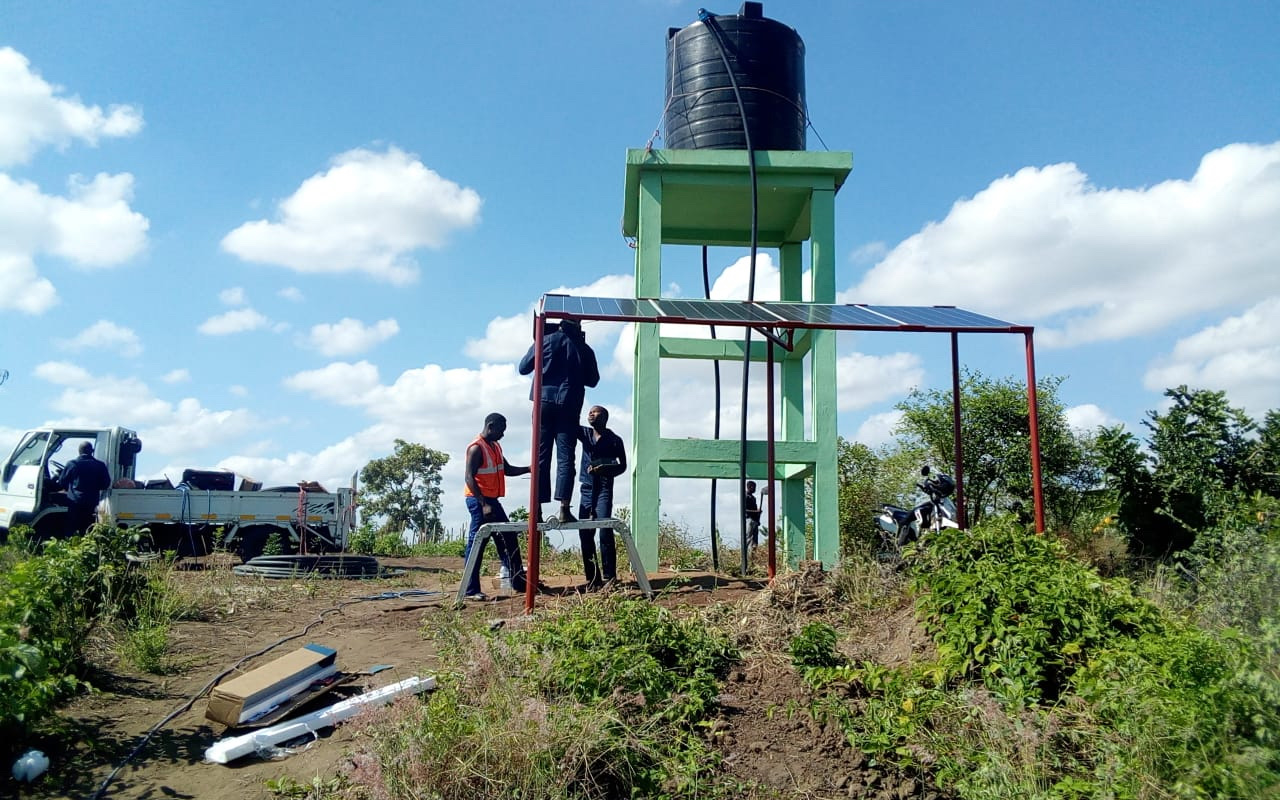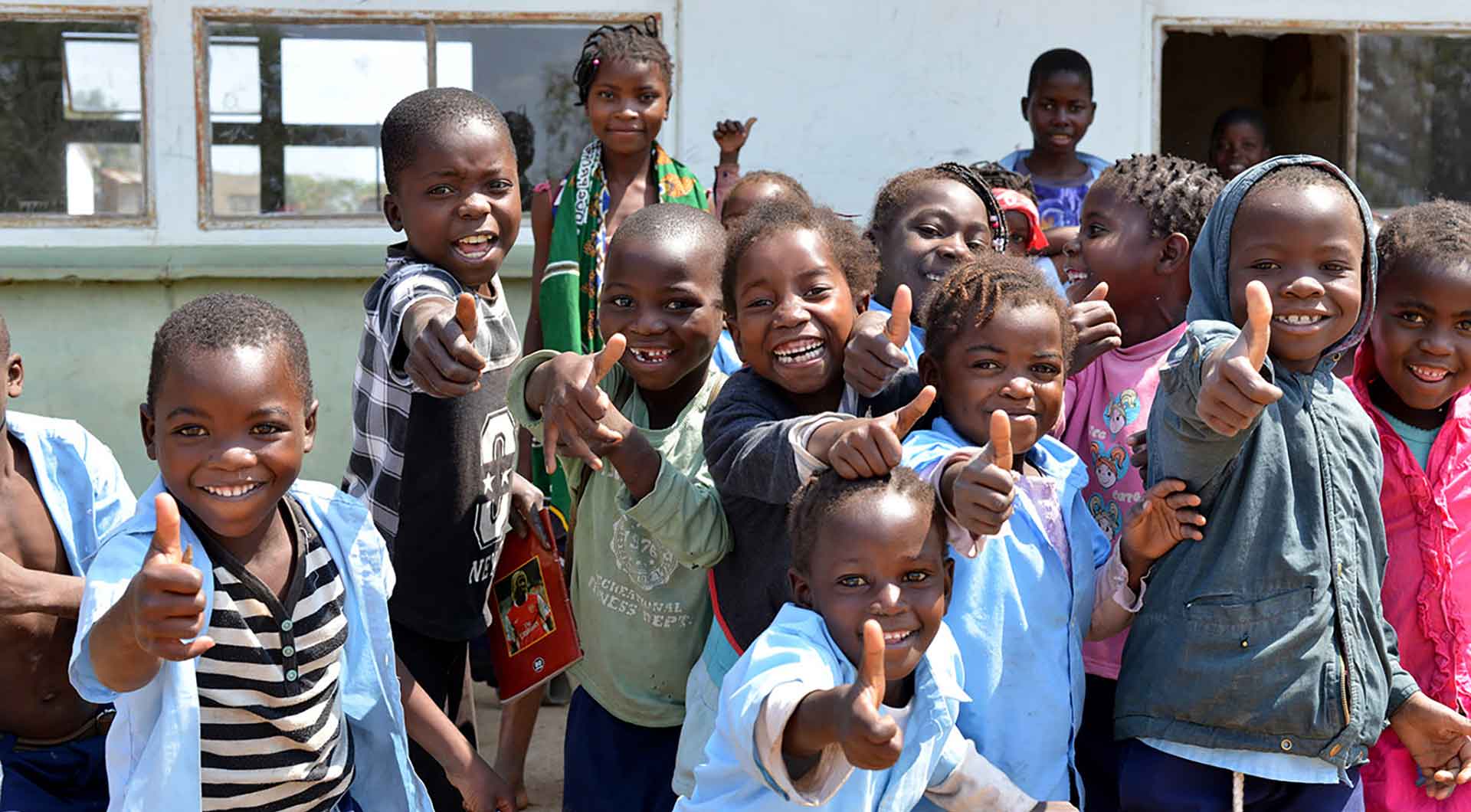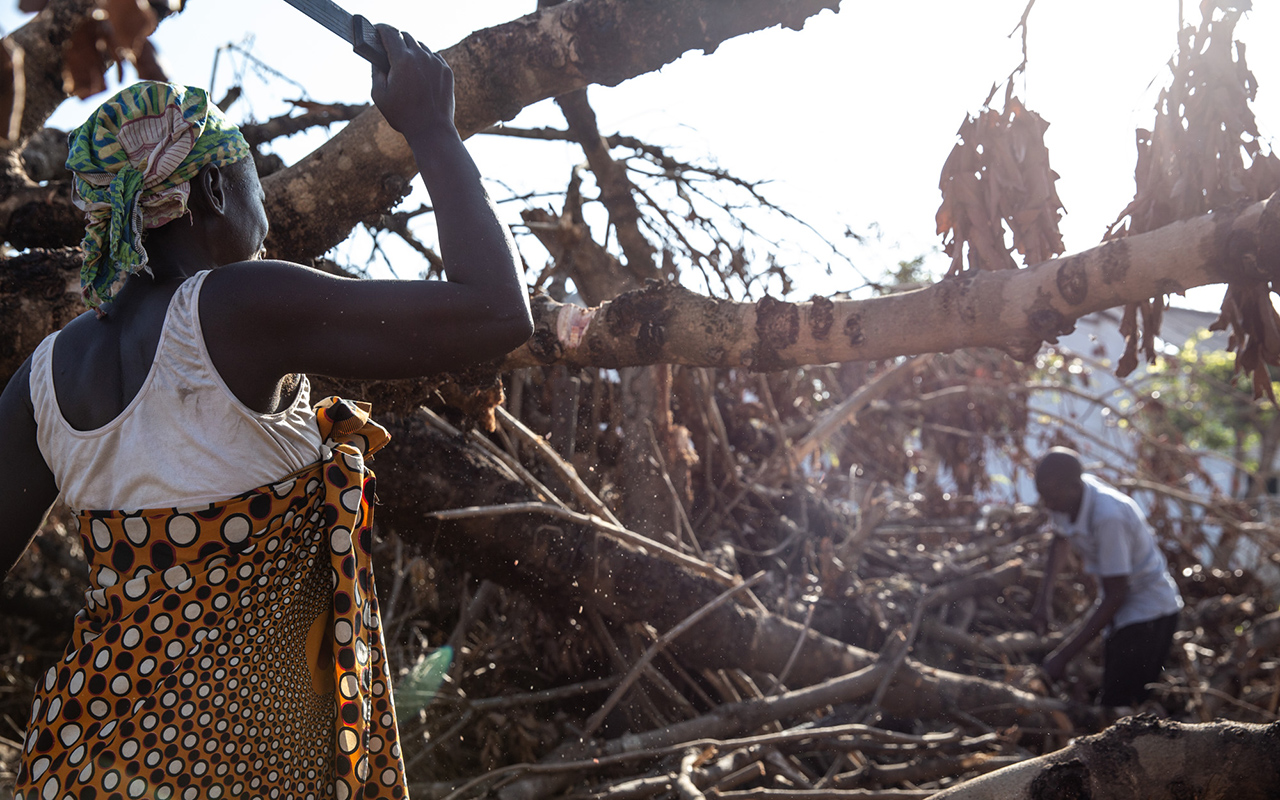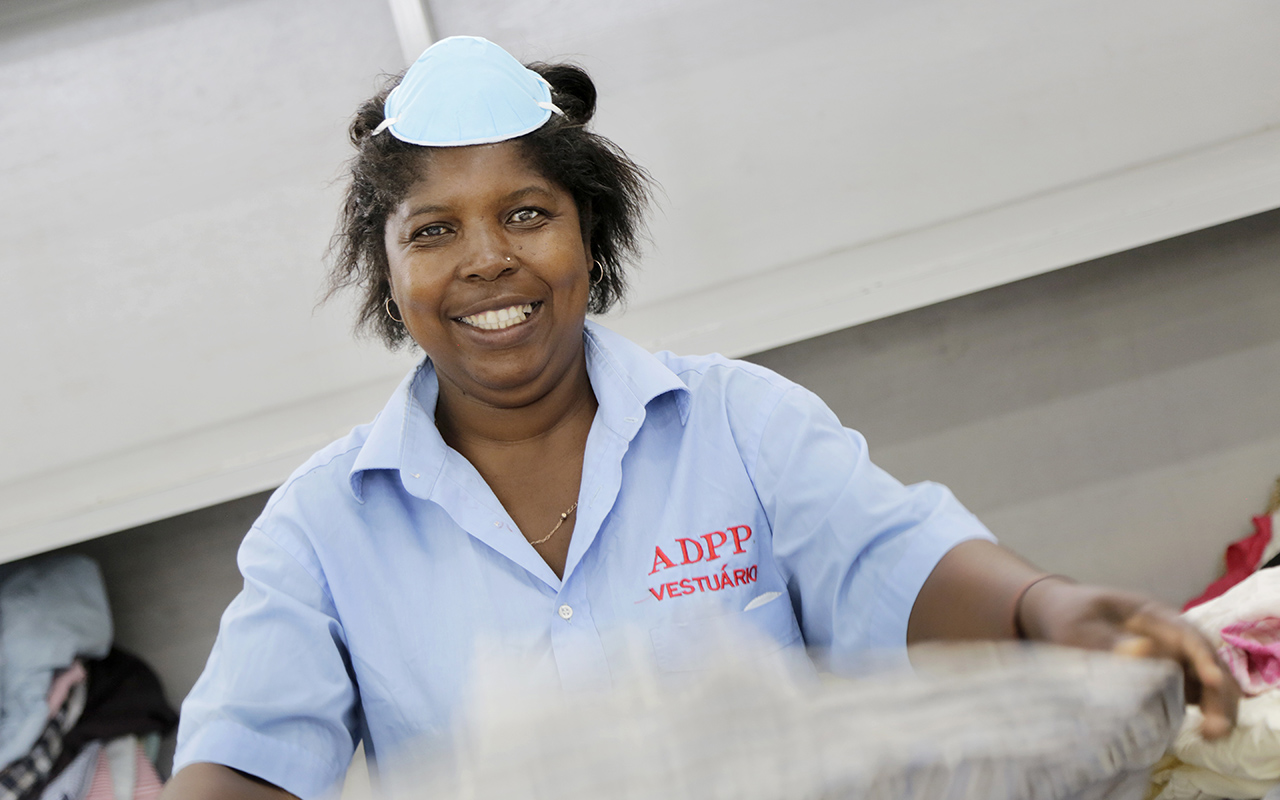ADPP Mozambique Farmers’ Club Program was first launched in Mozambique in 2006 and focuses on empowering farmers to increase their self-sufficiency, allowing them to adopt solutions that are relevant to their problems.
ADPP’s Farmers’ Clubs model is a holistic and nature-based approach to address the challenges faced by small scale farmers.
Since 2004, ADPP has trained 34,000 small-scale farmers in 9 provinces of Mozambique through projects lasting 3-6 year.
Each club has approximately 50 members and at least 50% of members are women. Farmers participating in Farmers´ Clubs generally increase their income by 100% over a period of 2-3 years, while also diversifying their food production.
The model - which is being successfully used in many countries in sub Saharan Africa - builds the capacity of farmers and guides them to develop plans to build their resilience as individuals and organized farmers and producers, impacting families and entire communities.
The model adopts a farmer-centered approach where the farmer is the main driving force and the leader in the planning and development of all actions at individual, household and community level. The model promotes improved management of natural resources, while at the same time offering economic strengthening to farmer households.
Farmers´ Clubs typically address a wide range of issues as part of a comprehensive plan to improve production and income for farmers, including: improving the organization of the farmers, building sustainable production methods, facilitating improvement in soil, increasing sustainable use of water resources, improving irrigation systems, increasing tree planting, improving storage, building agro-processing, improving market access, building value chains and providing financing.
For more about the Humana People to People Federation and the Farmers’ Clubs model, please see: https://www.humana.org/what-we-do#sustainable-agriculture-and-environment.







